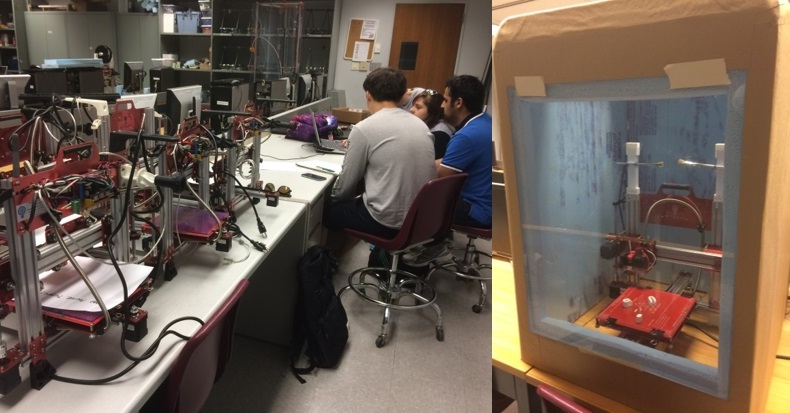
During this course, students evaluate the engineering aspects and physical principles of available AM technologies (binder and material jetting, sheet lamination, vat photopolymerization, directed energy deposition, powder bed fusion, and material extrusion technologies) as well as these technologies’ most relevant applications and criteria in order to successfully select the AM technology that is best suited for the embodiment of a particular design (material compatibility, interface issues, strength requirements).
Syllabus
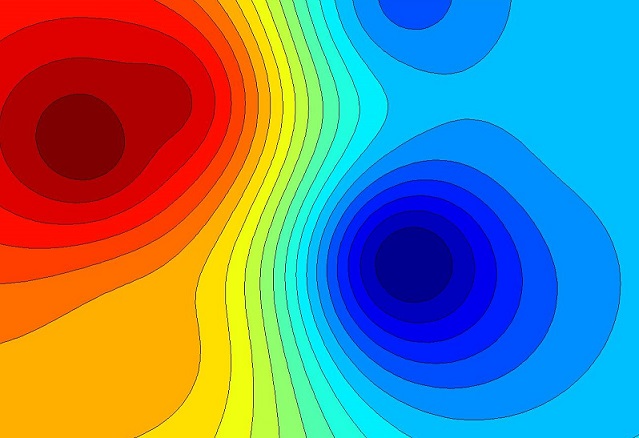
The objective of this research course is to prepare students to address mechanical systems design and innovation challenges through appropriate design methodologies. This course will be focused on current design approaches, which are rapidly expanding in research and industrial applications, but are not commonly included in engineering curricula. Students of this research course will acquire an understanding of state-of-the-art analysis and optimization tools through hands-on experience and the involvement in research projects. The research experiential learning will prepare students to design innovative mechanical systems and to increase their problem solving capabilities through the use of effective design methodologies.
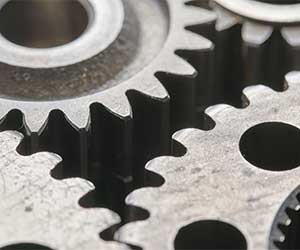
Application of basic mechanics (statics and dynamics), mechanics of materials, and probably and statistics to the analysis and design of machines and machine components.The study of stress/strain and force/deflection relations in machine components.Fundamental approaches to stress and fatigue analysis and failure prevention. Design methods for machine components such as shafts, bearings, springs, gears, clutches, breaks, chains, belts, and bolted and welded joints. Solve open-ended machine design problems involving structural analysis, life prediction, cost, and technical drawing.
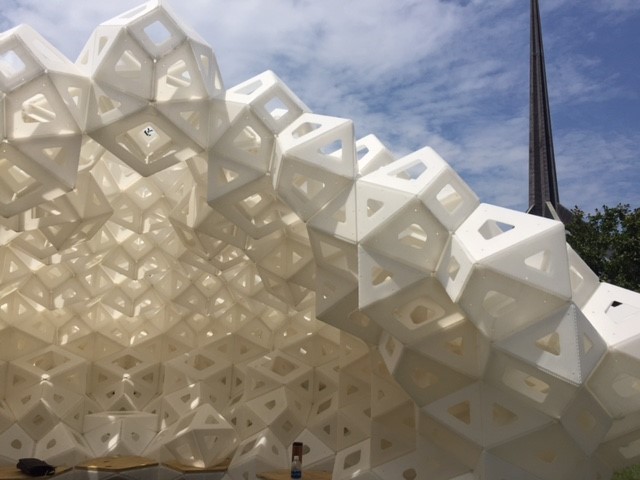
This graduate-level course introduces principles in art and engineering analysis and optimization with focus on design of complex, irregular (organic), free-form, and origami structures. This course provides a sound grasp of structural analysis and design optimization methods, the origami arts, and fundamental creative strategies used in the design thinking process.
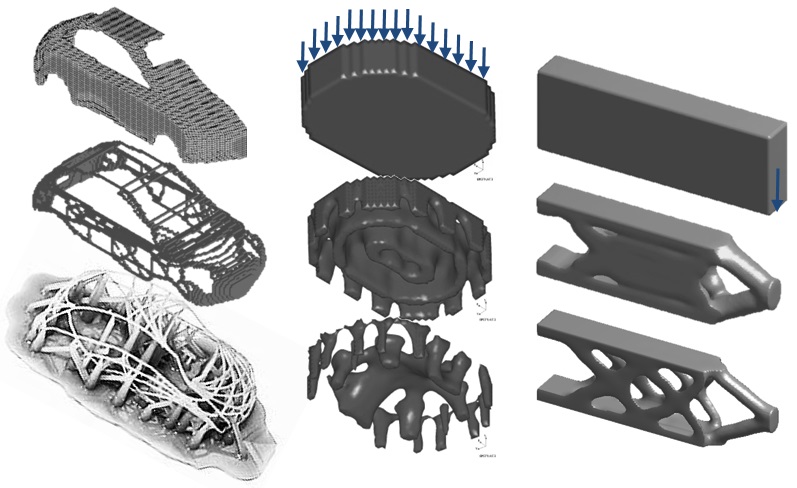
This graduate-level course focuses on theoretical and practical aspects of numerical methods utilized in the solution of finite element-based structural optimization problems with emphasis on topology optimization. After completion of this course, the students should be able to: Apply state-of-the art, finite element-based optimization algorithms, state and parameterize a topology optimization problem, perform sensitivity analysis and derive sensitivity coefficients using direct and adjoint methods, implement specialized algorithms optimization algorithm including: SQP, MMA, and OC, and explore the use of state-of-the art methods, understand and address computational issues such as uniqueness, checkerboards, and mesh dependency, apply topology optimization methods to solve problem involving non-compliant structures, compliant mechanisms, energy absorbing structures and energy harvesting systems.